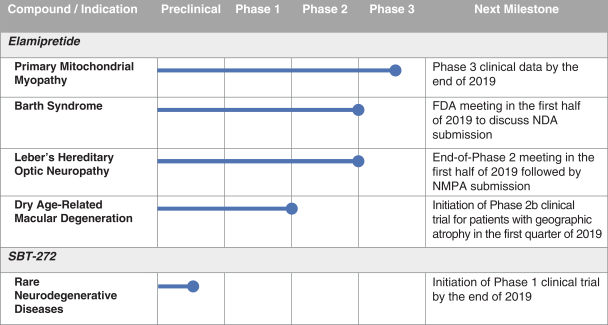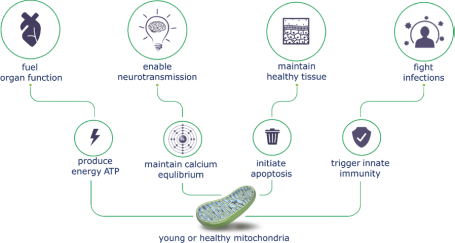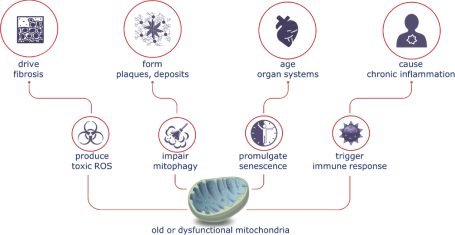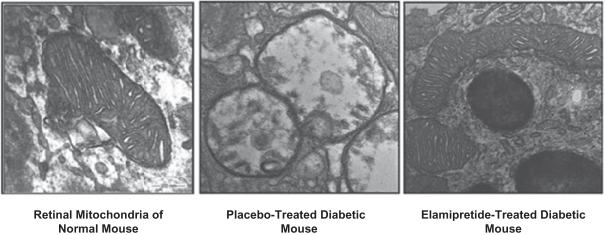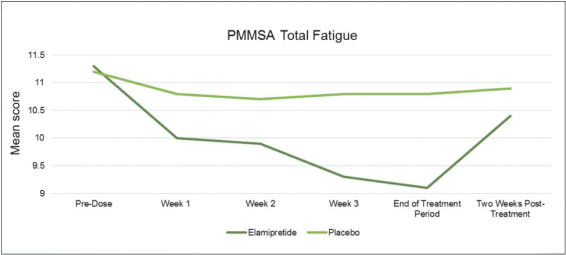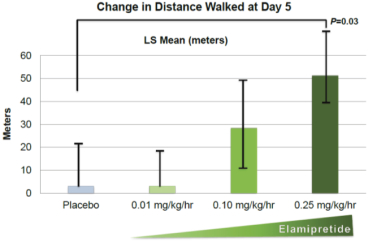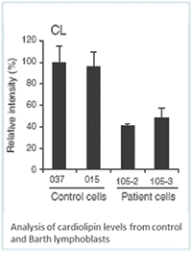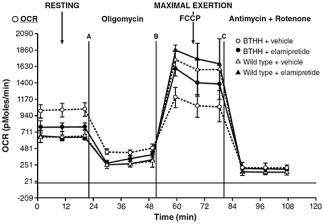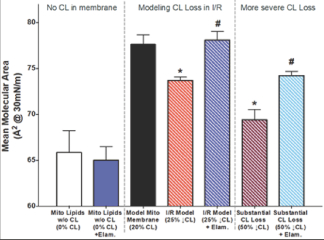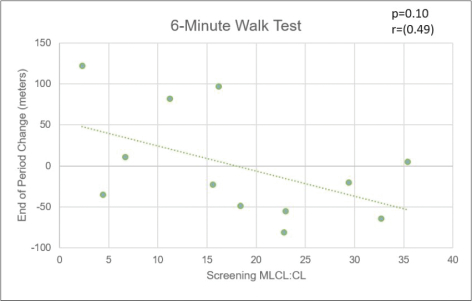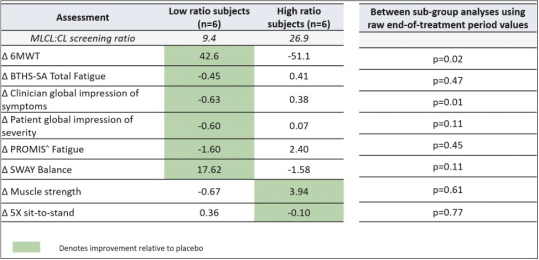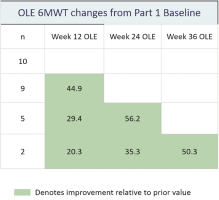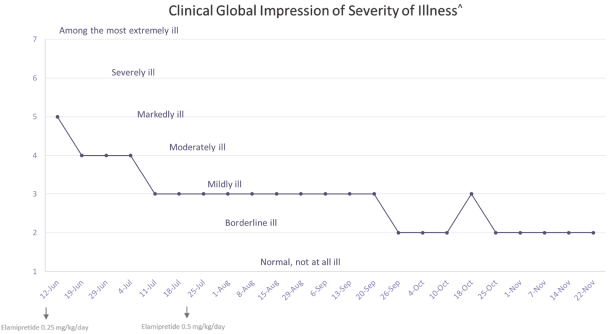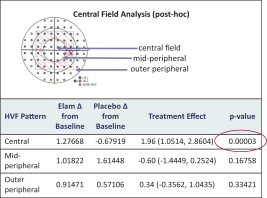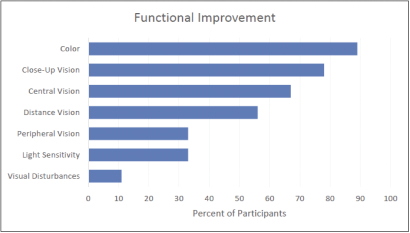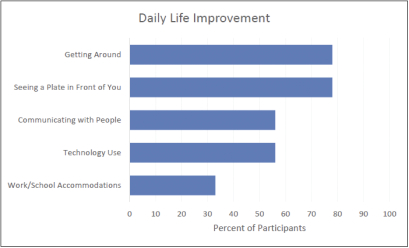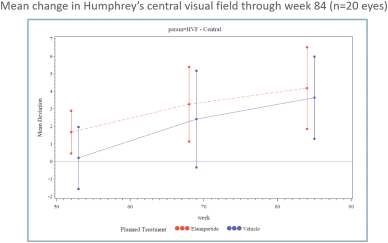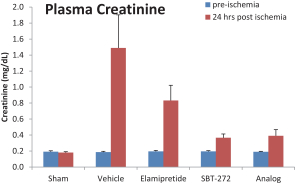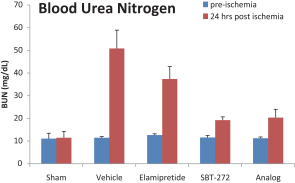on certain of these measures and, additionally, is immediately implementing others under its existing authority. For example, in September 2018, CMS announced that it will allow Medicare Advantage Plans the option to use step therapy for Part B drugs beginning January 1, 2019, and in October 2018, CMS proposed a new rule that would requiredirect-to-consumer television advertisements of prescription drugs and biological products, for which payment is available through or under Medicare or Medicaid, to include in the advertisement the Wholesale Acquisition Cost, or list price, of that drug or biological product. Although a number of these, and other potential, proposals will require authorization through additional legislation to become effective, Congress and the executive branch have each indicated that it will continue to seek new legislative and/or administrative measures to control drug costs. At the state level, legislatures have increasingly passed legislation and implemented regulations designed to control pharmaceutical and biological product pricing, including price or patient reimbursement constraints, discounts, restrictions on certain product access and marketing cost disclosure and transparency measures, and, in some cases, designed to encourage importation from other countries and bulk purchasing.
Additionally, on May 30, 2018, the Trickett Wendler, Frank Mongiello, Jordan McLinn, and Matthew Bellina Right to Try Act of 2017 was signed into law. The law, among other things, provides a federal framework for certain patients to access certain investigational new drug products that have completed a Phase I clinical trial and that are undergoing investigation for FDA approval. Under certain circumstances, eligible patients can seek treatment without enrolling in clinical trials and without obtaining FDA permission under the FDA expanded access program. There is no obligation for a drug manufacturer to make its drug products available to eligible patients as a result of the Right to Try Act.
Legislative and regulatory proposals have also been made to expand post-approval requirements and restrict sales and promotional activities for pharmaceutical products. We cannot be sure whether additional legislative changes will be enacted, or whether the FDA regulations, guidance or interpretations will be changed, or what the impact of such changes on the marketing approvals of our product candidates, if any, may be. In addition, increased scrutiny by the United States Congress of the FDA’s approval process may significantly delay or prevent marketing approval, as well as subject us and any future collaborators to more stringent product labeling and post-marketing testing and other requirements.
Our relationships with customers and third-party payors, among others, will be subject to applicable anti-kickback, fraud and abuse and other healthcare laws and regulations, which could expose us to penalties, including criminal sanctions, civil penalties, contractual damages, reputational harm and diminished profits and future earnings.
Healthcare providers and third-party payors will play a primary role in the recommendation and prescription of any products for which we obtain marketing approval. Our arrangements with third-party payors, healthcare providers and customers, if any, will subject us to broadly applicable fraud and abuse and other healthcare laws and regulations. These laws and regulations may constrain the business or financial arrangements and relationships through which we market, sell and distribute any products for which we obtain marketing approval. These include the following:
Anti-Kickback Statute. The federal healthcare Anti-Kickback Statute prohibits, among other things, persons and entities from knowingly and willfully soliciting, offering, receiving or providing remuneration, directly or indirectly, in cash or in kind, to induce or reward, or in return for, either the referral of an individual for, or the purchase, order or recommendation or arranging of, any good or service, for which payment may be made under a federal healthcare program such as Medicare and Medicaid;
False Claims Laws. The federal civil and criminal false claims laws, including the False Claims Act, and civil monetary penalties laws, whichprovides for civil whistleblower or qui tam actions, prohibit, among other things, individuals and entities from knowingly presenting, or causing to be presented false or fraudulent claims for payment by a federal healthcare program or making a false statement or record material to payment of a false claim or avoiding, decreasing or concealing an obligation to pay money to the federal government;
HIPAA. The federal Health Insurance Portability and Accountability Act of 1996, or HIPAA, imposes criminal and civil liability for, among other things, executing a scheme to defraud any healthcare benefit program or making false statements relating to healthcare matters, and, as amended by the Health Information Technology for Economic and Clinical Health Act and their implementing regulations, also imposes obligations, including mandatory contractual terms and physical, administrative and technical safeguards, with respect to maintaining the privacy, security and transmission of individually identifiable health information;
48

